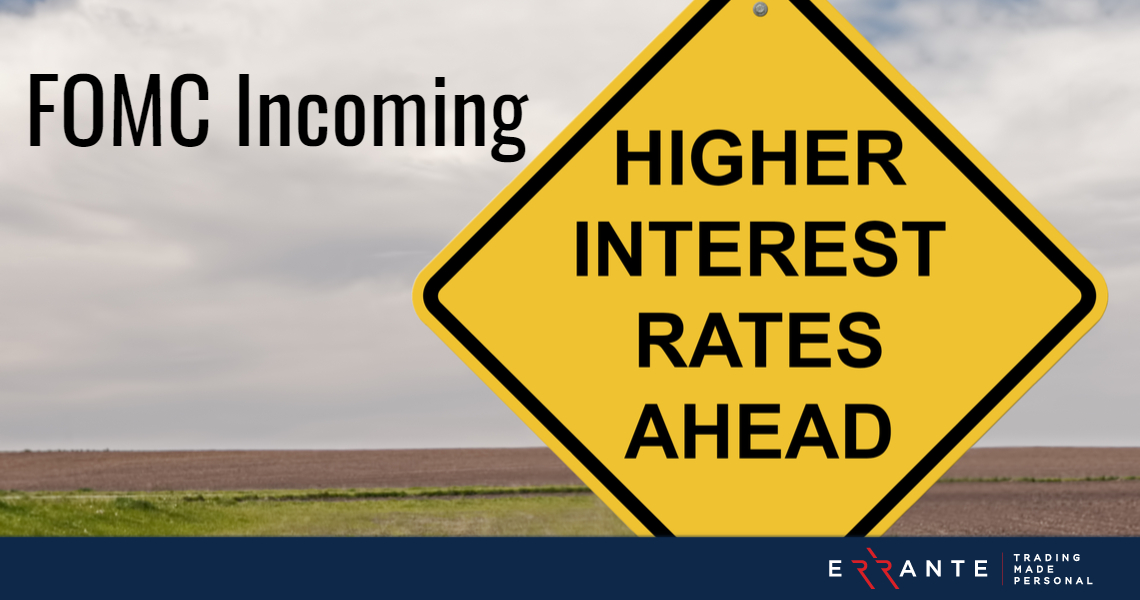We use cookies on this site to improve your website experience, enhancing also site navigation and experience, analysis of site usage and assistance in our marketing efforts. By clicking “Save Changes” or continuing to use this site you consent to our use of cookies. To find out more, read our Privacy Policy and Cookies Policy
Functional Cookies help a site work well, they enable additional features which can make the user experience better.
If you disable this cookie, we will not be able to save your preferences. This means that every time you visit this website you will need to enable or disable cookies again.
Analytical cookies are used to determine usage of a site, they may track individual users, but only to the extent to allow a proper user journey through the site. They are not used for targeting adverts.
Promotional cookies keep track of information to tailor advertisements to you and to measure their success. This includes using previously collected information about your interests to select ads, processing data about what advertisements were shown, how often they were shown, when and where they were shown, and whether you took any action related to the advertisement, including for example clicking an ad or making a purchase.
Please enable Strictly Necessary Cookies first so that we can save your preferences!
Cookies are small pieces of information, normally consisting of just letters and numbers, which are automatically stored on your computer (or any other devise used to enter the Internet) when you visit a website and offer an insight your activity and preferences.
Our Website uses cookies to help us improve our website performance and your browsing experience. Please refer to this Policy in order to get a better understanding of what cookies our Website uses; how do we use them and what is their purpose.
For more information regarding cookies, you are kindly referred to visit www.aboutcookies.org or www.allaboutcookies.org.






